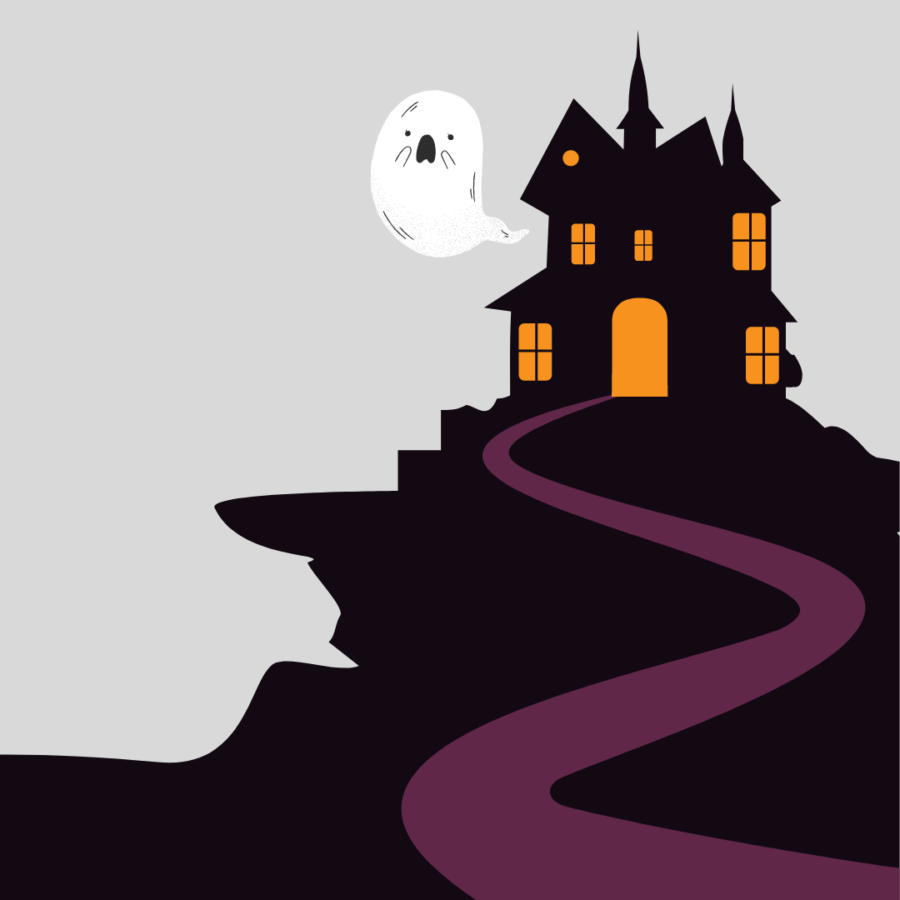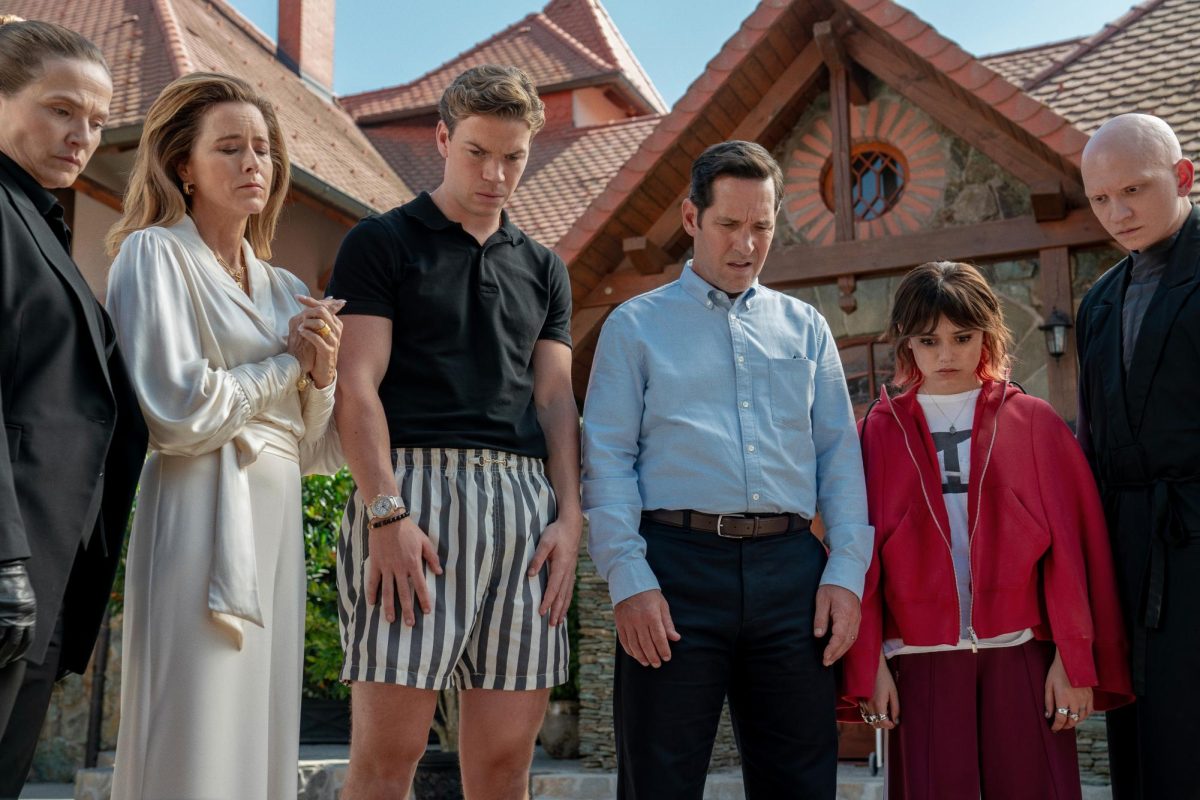For the avid TV geek, the holidays were fantastic regardless of presents and parties. Not only did we have a “Doctor Who” Christmas special with the much-anticipated regeneration of Matt Smith into Peter Capaldi, but Jan. 1 saw the return of “Sherlock” for those in Britain and on the Internet. With a recent court ruling shifting much of the original Sherlock Holmes works into public domain, it seems relevant to start the year off by talking about pop culture’s favorite British detective and his best friend.
If you’ve never read the original stories and are basing your knowledge of Holmes and John Watson on the numerous movies and TV series, then put your remote/computer/whatever down and go grab the stories. The Holmes of original fiction versus the modern Holmeses most people are familiar with are quite different. As much as I adore all the modern Holmeses, they are very separate in my mind from the canon. This isn’t necessarily a case of “the book was better.” I see it more as a case of everything being on its own level of good. You can’t really compare one reinvention with the next. It’s like trying to compare Nintendo with Sony and Microsoft: You just don’t. But you do have favorites.
In most people’s minds, Sherlock Holmes is synonymous with “genius detective.” Usually, they very closely associate him with a particular actor’s portrayal. There are many, but I’m most familiar with Basil Rathbone, Robert Downey Jr., Benedict Cumberbatch, Jonny Lee Miller and that mouse off of Disney’s “The Great Mouse Detective” (and Hugh Laurie off “House,” I guess). Those are generally the most widely known. Many fans are very attached to their actors. For my dad, it’s Rathbone. For some of my friends, it’s Cumberbatch and only Cumberbatch. For some people on Tumblr, Miller is one of the truest Holmes to date.
For me, it’s definitely canon Holmes. Call me hipster if you will. Cumberbatch fans often like to argue how Holmes is supposed to be arrogant and heartless — in fandom speak, more Cumberbatch and less Miller. In one of my favorite stories, however, Holmes shows his recurring tendency toward being a pretty humble guy. He completely botches a case by reading all the facts wrong. And I mean he was really wrong. In the end, he and Watson are walking away, sort of stunned but pleasantly surprised by the outcome, and Holmes tells Watson that if ever there came a time when Holmes got too full of himself, Watson needed to remind him of that case to knock him down a few pegs.
Yeah, so maybe Holmes’ dedication to his work and tunnel-vision methods made him come off arrogant. But he was also very recognizing and understanding of his faults. The arrogance, particularly in modern Holmes, also often has him appearing to be brash and even harsh. However, Watson in canon repeatedly describes his friend as gentle, not exactly a word you’d see on a list of Holmes’ traits by a contemporary Holmes fan, although we do get to see bits of it in “Sherlock” and other contemporaries. Holmes shows this gentleness by empathizing with clients who have either been mauled by a lion or beaten by an abusive father.
And despite his machine-like focus on busting cases, canon Holmes cared about doing what was morally right. He let a criminal go because he didn’t feel jail would do him any good. He protected a woman from her husband’s anger even though the husband was his client. He broke the law to help a wanted criminal because the so-called criminal had done what was morally right. He worked for kings and nobles, but would waive his fee and spend weeks upon weeks helping out a poor person deserving of justice. Despite never seeing women in a romantic light, he respected and admired them, and he was noted by Watson as being very charming.
Does that sound like the Sherlock Holmes you know? Regardless, the canon stories have a lot to offer that is often missed in modern adaptations. I know the semester is beginning and we’ve all got enough reading to do, but if the “real” Holmes is unrecognizable to you or at least interesting, then take a moment to find out the truth behind the pop culture. If you like the Holmes on screen, then you should read the books.


















